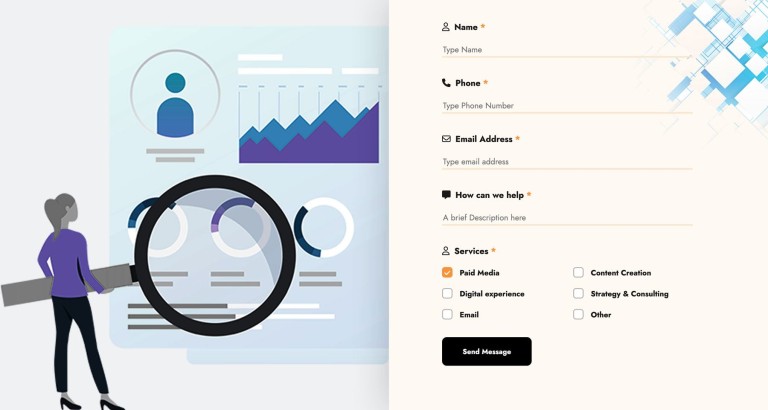Many business owners think that when you build a website, that’s it. Here’s the code, enjoy! Besides the mandatory hosting and domain registry what else do you need?
If only life could be that simple. Websites, especially content management system driven ones (aka proper websites), have an underlying framework, components, plug-ins and extensions that should be updated regularly to their latest versions. Relevant updates are released every couple months on average and generally cost $200 - $600 for most small-med business websites.
The 3 major advantages to keeping a website up-to-date are as follows:
A website is like a house, except it’s virtual property. You can rent one for a monthly fee – Wix, GoDaddy, or any website builder software – these are like cheap rentals, or you can fully own one. If you don’t have ownership of the website, you cannot really customize or “renovate” your site in the way that you would like. On the plus side, just like the landlord takes care of rental home maintenance, the website service provider will take care of web software maintenance.
Just like houses, it’s better to own a website than to rent one. Whether you rent a home or buy a home, your responsibilities are completely different for each. The same applies to websites. Some individuals do maintenance work themselves – plumbing, duct cleaning, lawn mowing and so forth, just like some individuals update and manage their own website functions. On the other hand, many business owners leave all the maintenance work for their web developers because they don't have the time and would rather focus on their business. The key here is: you have options. You can also shop around. When you own a website, you are generally not locked in with one provider.
Website maintenance encompasses a very wide spectrum. Some websites can get away with zero involvement for years, while others require an entire department of programmers working full-time maintaining the code 24/7. Side note: any website that does not require regular web maintenance usually does not generate a substantial amount of traffic, leads and profit. As a general rule of thumb, the more complex your website is, the more maintenance it requires.
If you don’t have time to worry about web maintenance and want to focus on your business, go on a monthly plan that keeps your website secure and automatically informs you of all the necessary updates you need. If you’re on a budget, update only what’s necessary every few months and get a firewall to protect your website from attackers (like a security system for a house while you’re absent).



